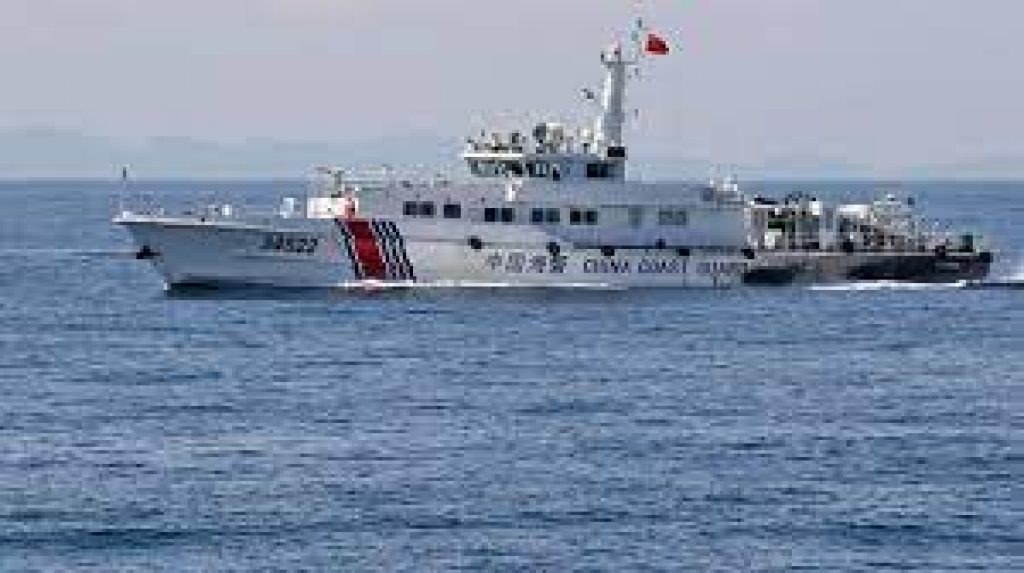China’s new maritime law China’s new maritime law

China’s new maritime rules designed to control the entry of foreign vessels in what Beijing calls “Chinese territorial waters” take effect.
Background
China considers South China Sea and the surrounding regions as Chinese territorial waters and wants to regulate foreign presence.
Details
- The rules will have implications on military as well as commercial traffic in South China Sea, East China Sea as well as Strait of Taiwan.
- The region is already tensed due to China’s expansionism and the new rules will further enhance existing tension with the US and its neighbors.
- Foreign vessels will need to adhere to Chinese supervision when moving through these areas after the law comes into effect.
- Vessels carrying radioactive materials, oil, chemicals, petroleum gas and other hazardous materials will have to report immediately after entering Chinese territorial waters.
- The name of goods carried by ship and also the total weight has to be reported. In addition, the ships’ name, next port of call, call sign and estimated time will also have to be reported.
Why is this important
- South China Sea: The South China Sea, which lies between China, Taiwan, the Philippines, Brunei, Malaysia, Indonesia and Vietnam, is of great economic importance globally.
- Shipping: Nearly one-third of the world’s shipping passes through its lanes, and the waters house numerous important fisheries.
Controversy
- China claims the whole South China Sea as its territory under the nine-dash line map. The neighbors and US do not agree to this position.
- US has been sending its military vessels including Aircraft carriers to these waters to contest Chinese hegemony.
International position
- The United Nations Convention on the Law of the Sea (UNCLOS) governs international maritime activities. India, China and many countries are signatories. US is not.
- The law says that states have the right to implement territorial rights up to 12 nautical miles into the sea.